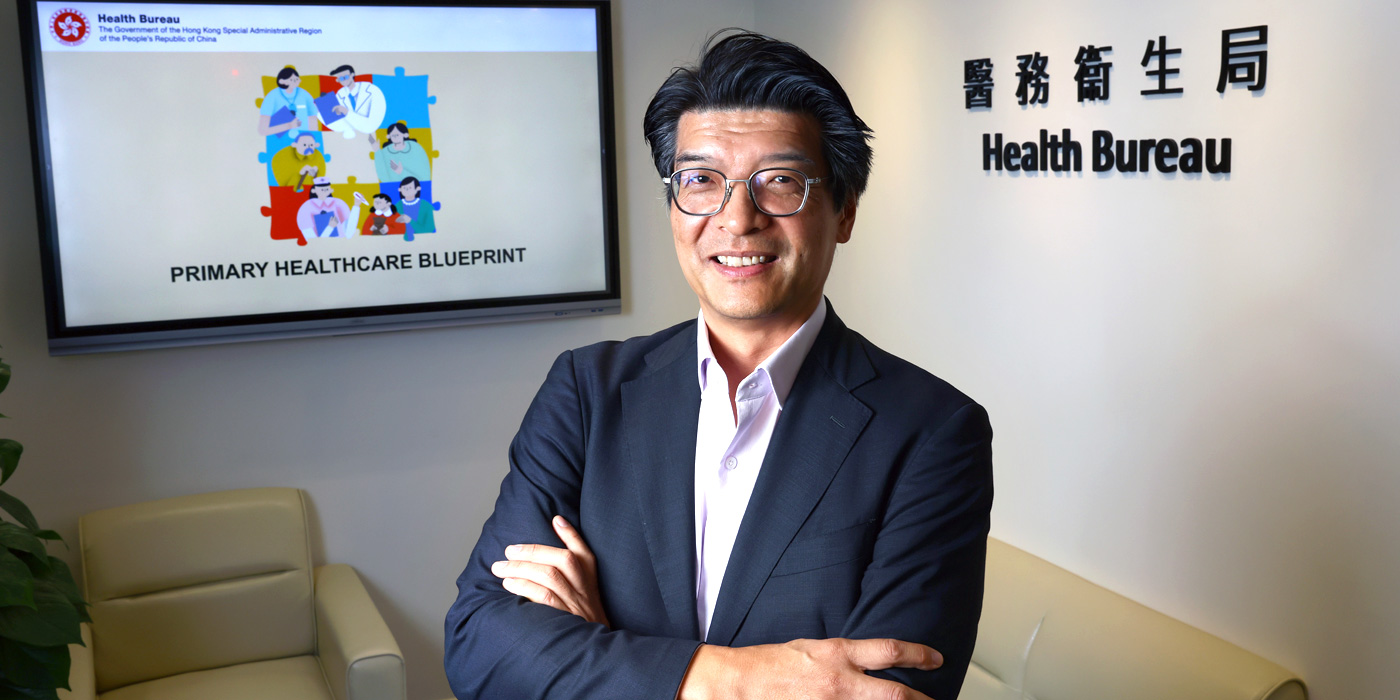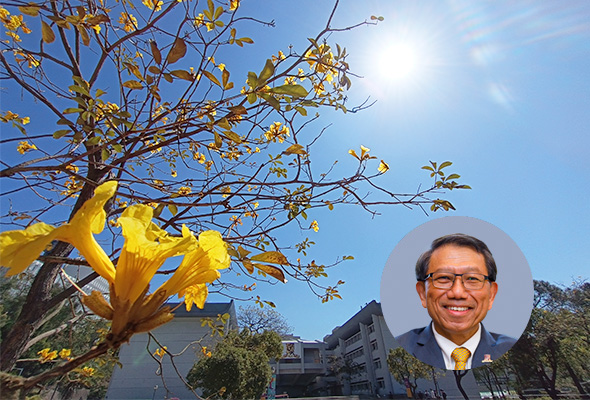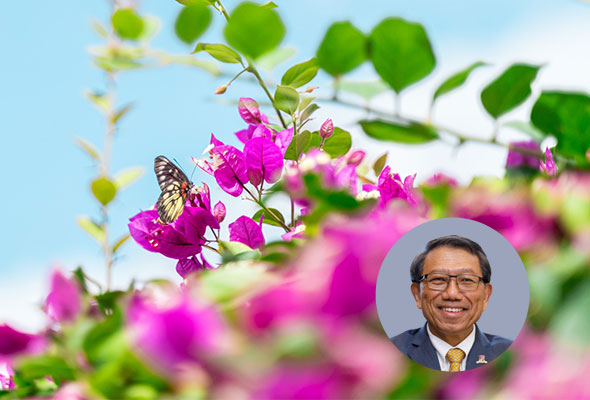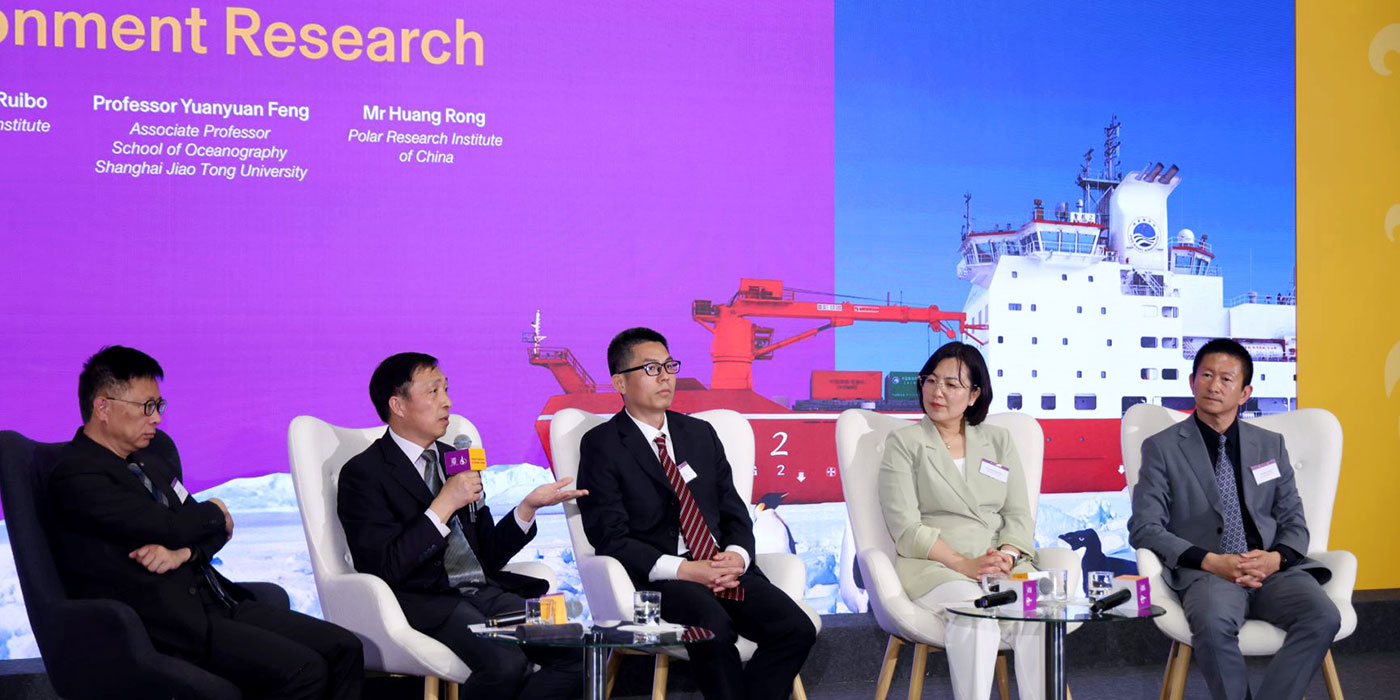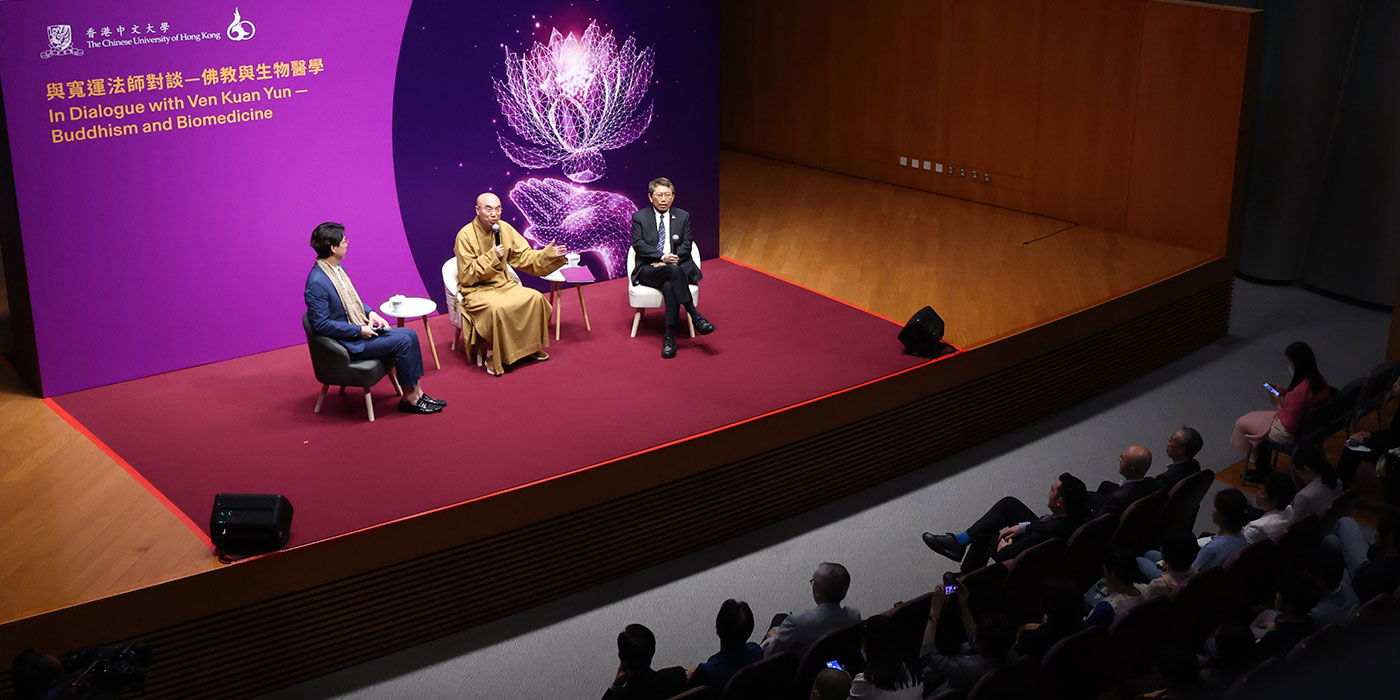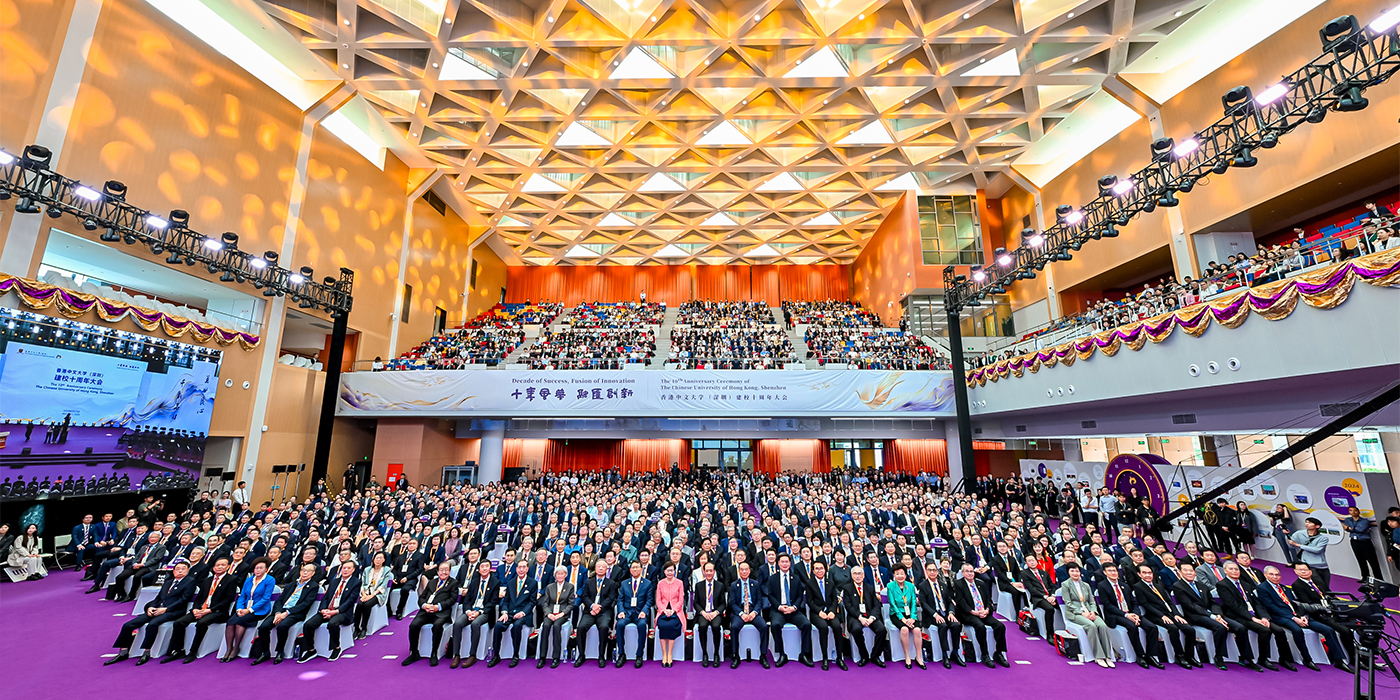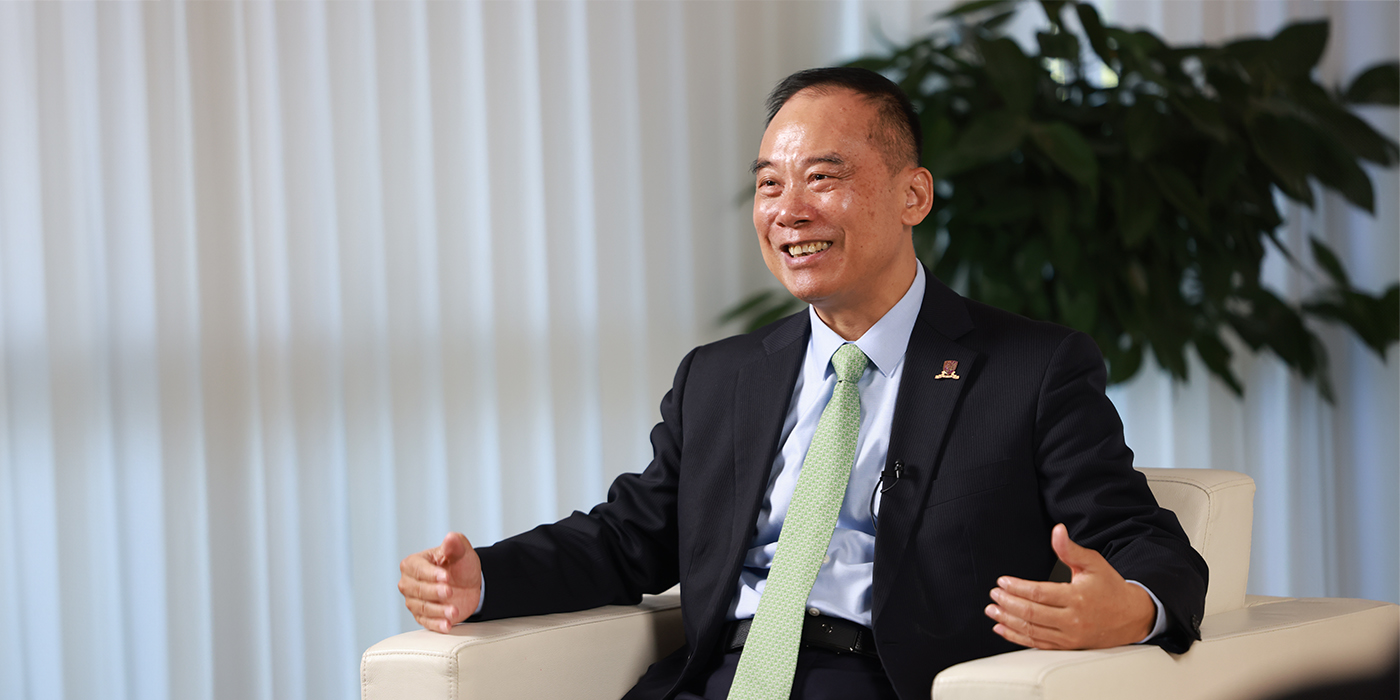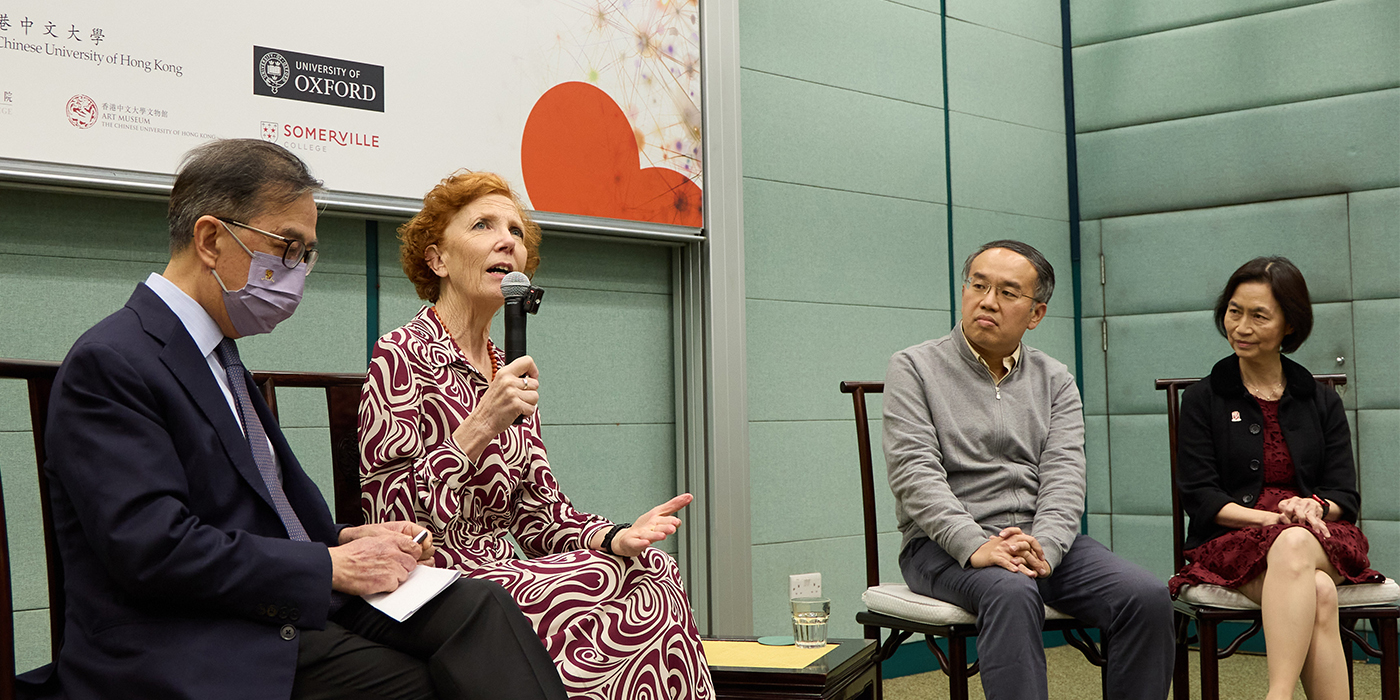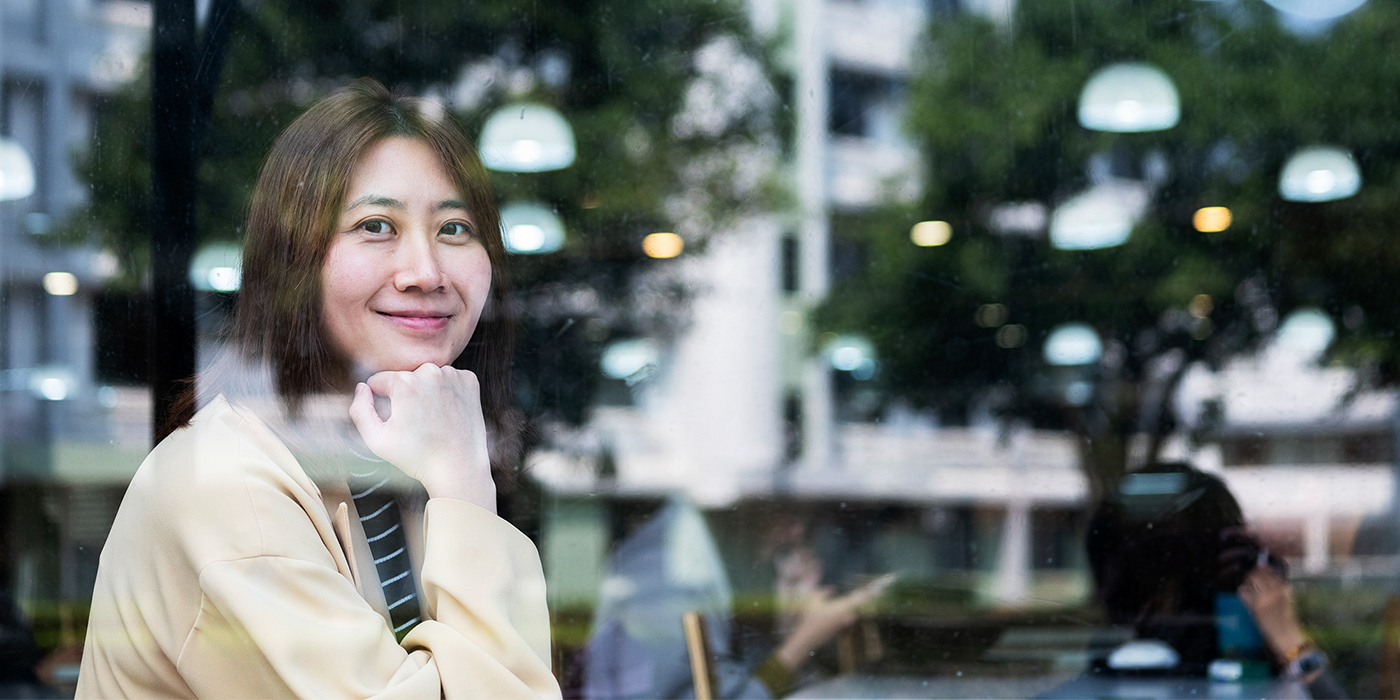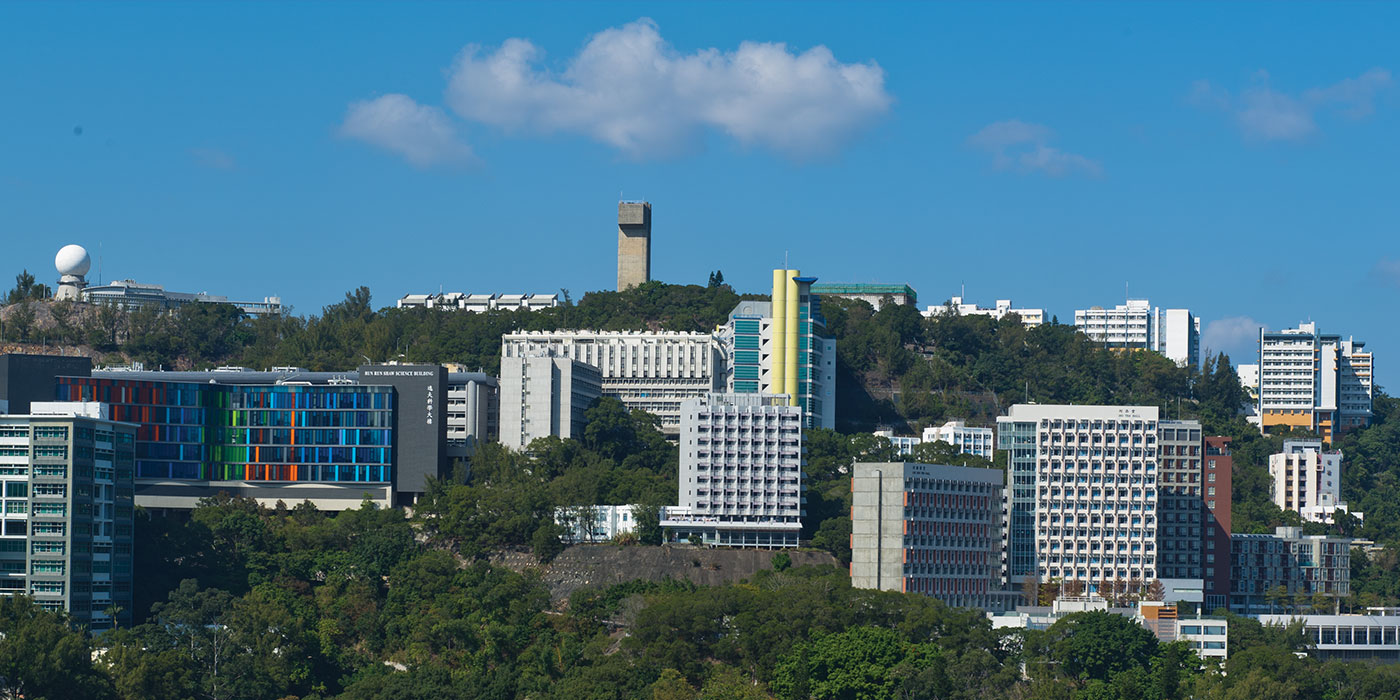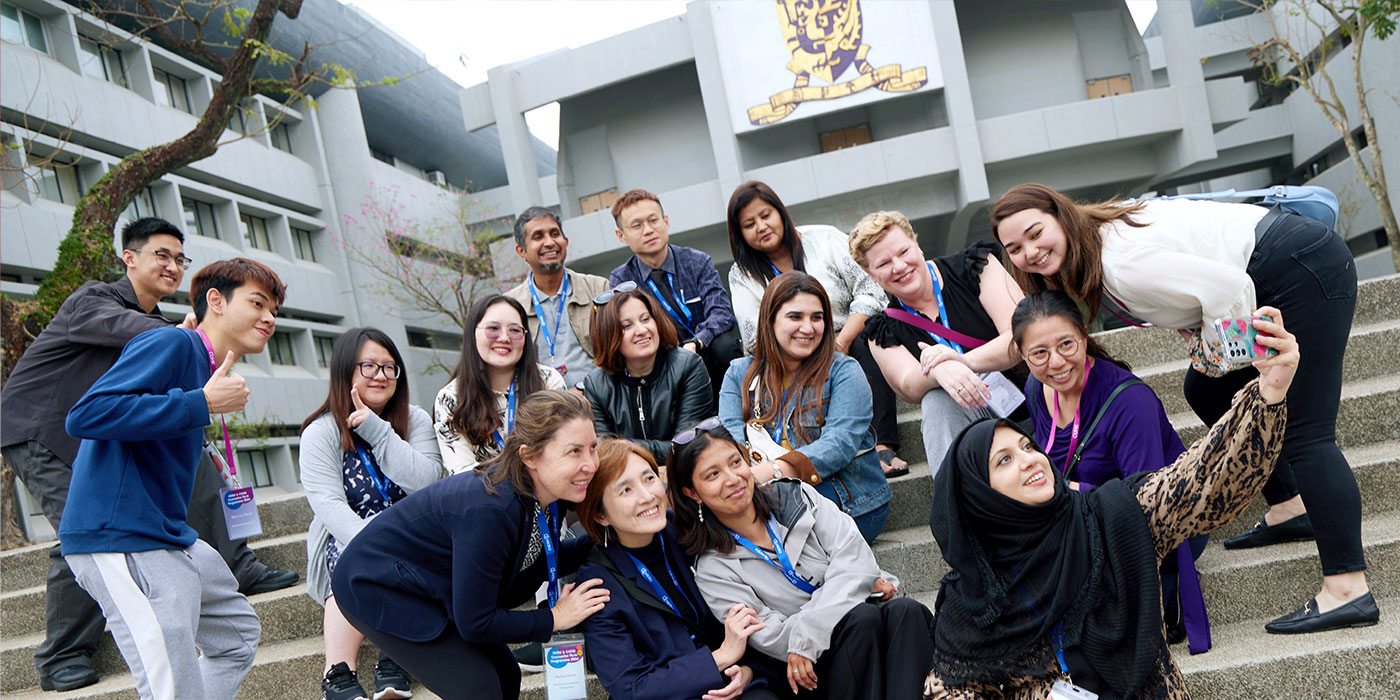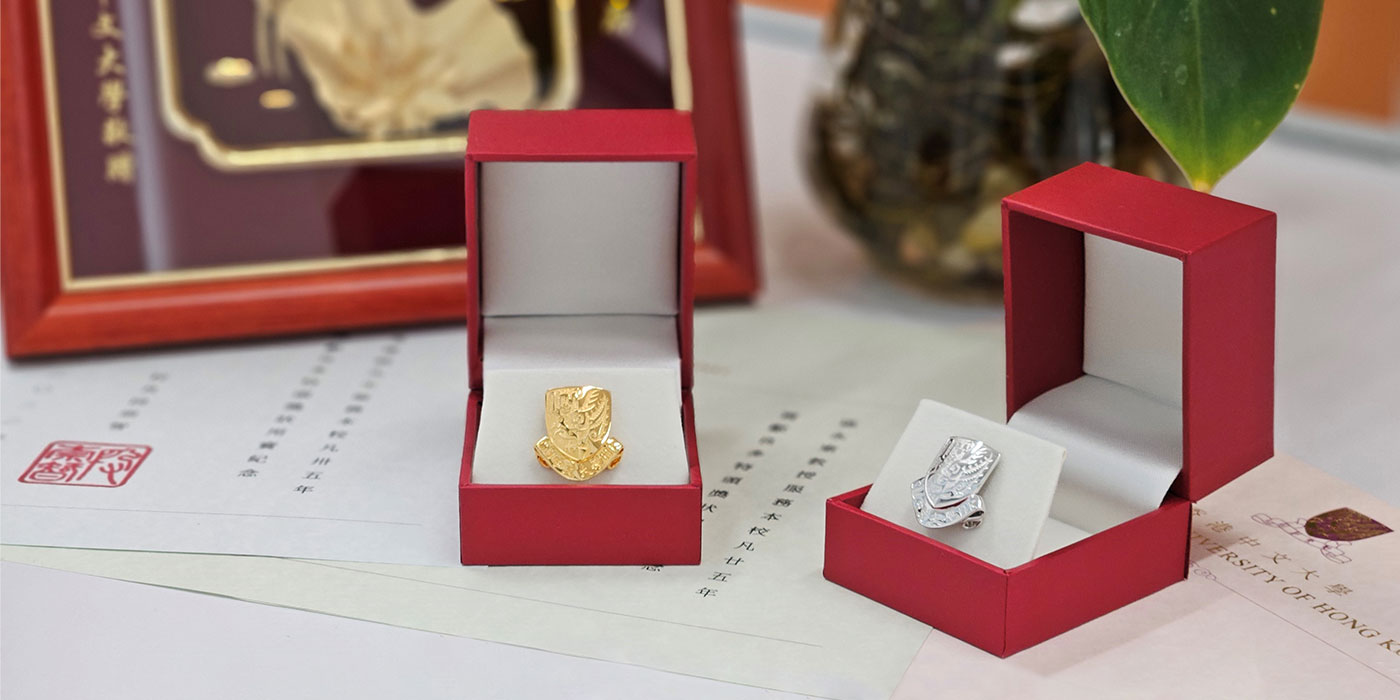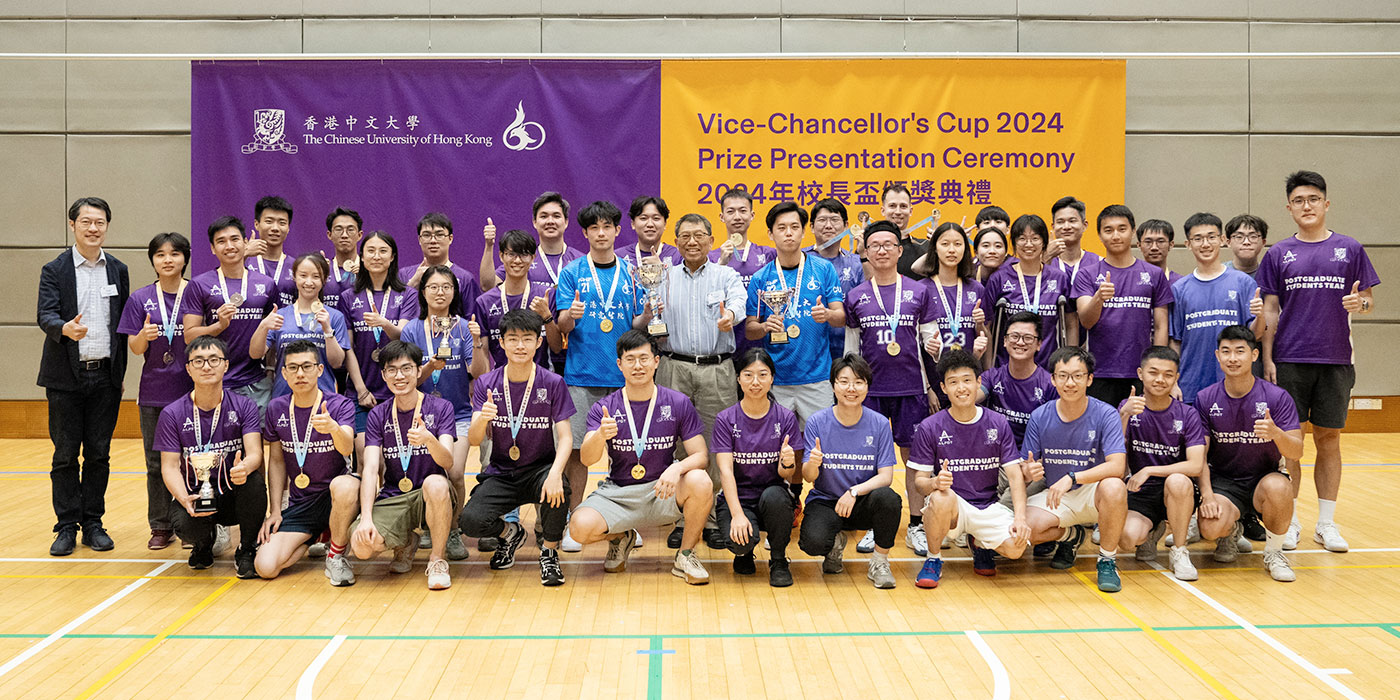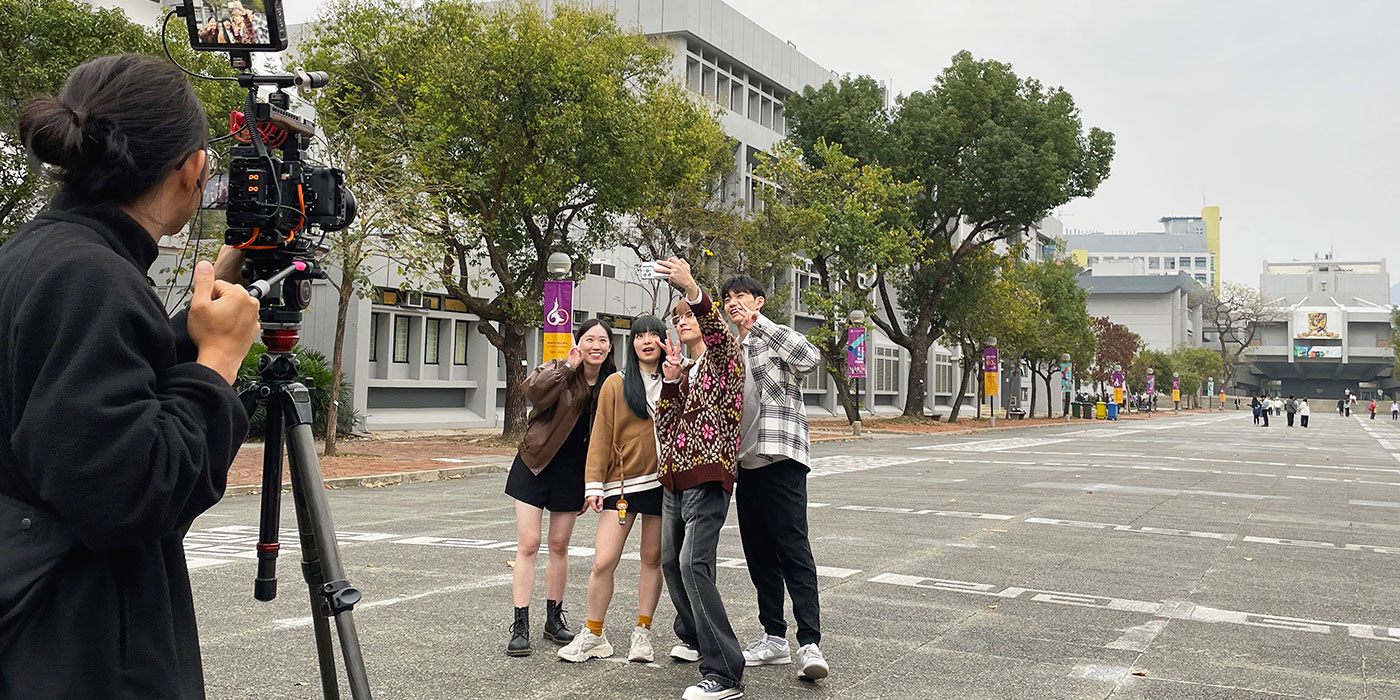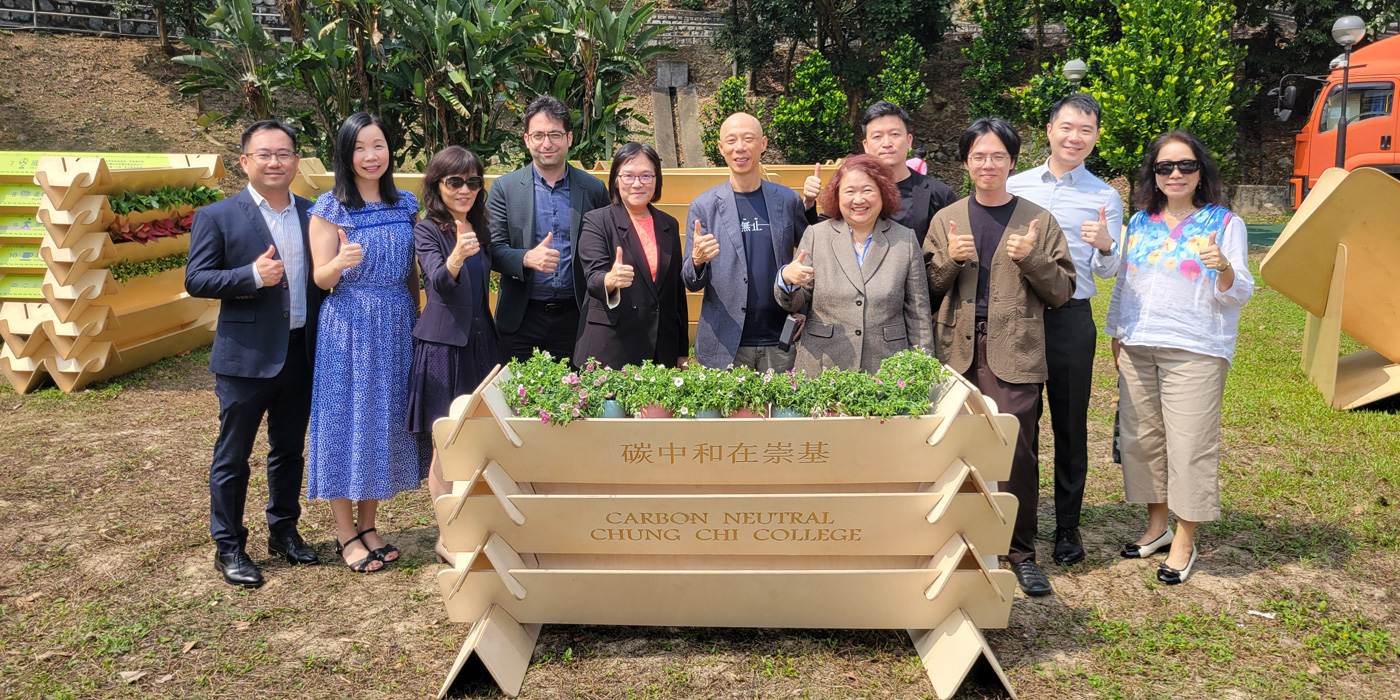A champion of primary healthcare
CUHK alumnus Pang Fei-chau promotes prevention as well as cure
Dr Pang Fei-chau took up the new position of Commissioner for Primary Healthcare within the Hong Kong government’s Health Bureau in November last year. Speaking to CUHK in Focus after almost a year into his new role, Dr Pang discussed his vision for primary healthcare in Hong Kong and reflected on his days at CUHK.
The alumnus of CUHK’s Faculty of Medicine is committed to cultivating a healthy society as Hong Kong’s population ages. A fellow community medicine, as well as a specialist in geriatrics, Dr Pang is experienced both in practising medicine and in medical administration. He believes that “prevention is better than cure”, and how vital it is for citizens to invest in their health. “Senior citizens of similar age can appear and act so differently. It all depends on how they maintained healthy habits when they were young – whether they focused on making ends meet and putting their health at risk, or maintained a balanced lifestyle between work, family and health.” He suggests that disease prevention should start young as it helps to slow down the ageing process. Holistic health is multifaceted. It is more than seeking medical advice only when one falls sick.
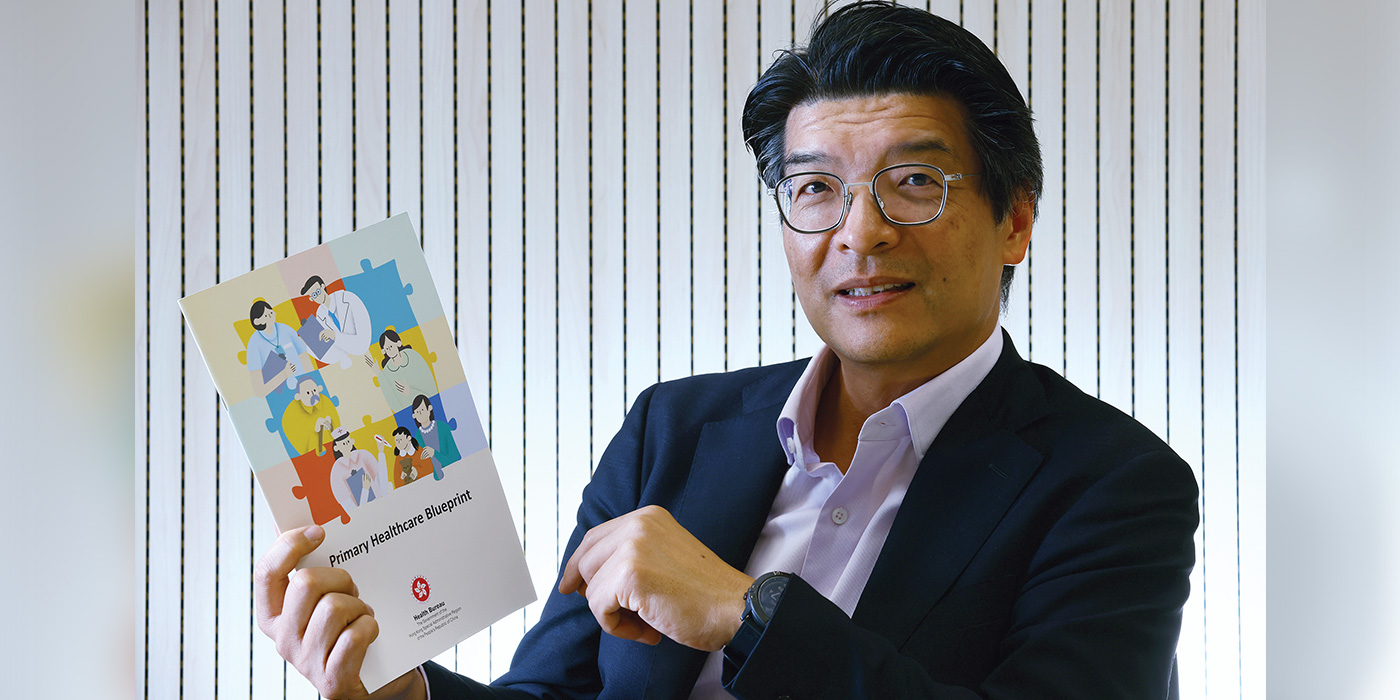
His plans for driving primary healthcare are outlined in the government’s 2022 “Primary Healthcare Blueprint”. “Primary healthcare has been a topic of discussion in other places for years and is a proven factor in raising the general level of community health. The development of healthcare in this city, however, has always spotlighted technology and medical specialties,” notes Dr Pang. “Most of the funds available in the system are usually put into developing cures and therapies. It’s not often that you hear about healthcare at a community level – which is why the government has set up this Commissioner position. They want to reallocate resources and put more emphasis on prevention,” he explains.
“Primary healthcare measures are designed to systematically encourage citizens to ‘invest’ in their health and family doctors to take on more responsibility. Maybe in doing so we can slowly change Hongkongers’ habit of only visiting a doctor when they’ve become ill,” says Dr Pang.
Turn to your family doctor
Hongkongers should see their family doctors as health guardians. However, due to financial constraints, some citizens turn a blind eye to ailments until severe symptoms emerge. They rely heavily on hospitals and have had a misconception that building new hospitals guarantees health. “It is an interesting, if not a misguided thought,” says Dr Pang. He observes that our society places a lot of emphasis on cure, but less on prevention, which should be the first step to good health.
Dr Pang’s 2022 blueprint stresses the need to develop a family doctor system that connects people with suitable family doctors who, as a patient’s first point of contact, can play a pivotal role in changing mindsets.
“People usually visit different clinics when they fall sick, which makes it hard for them to develop a close relationship with a particular doctor,” says Dr Pang. “Some doctors are too busy to convey health messages and may end an appointment by issuing a medical certificate and a prescription. Consulting family doctors should not be regarded as mere business transactions between private practitioners and patients. Family doctors should take the lead in promoting illness prevention.”
Dr Pang’s interest in medicine began in secondary school. While in form three, he participated in government-led health campaigns and Educational Television programmes. He helped to plan exhibitions as well as promotional campaigns aimed at encouraging people to quit smoking. “After I graduated from secondary school, I was enrolled in CU Medicine and joined the Medical Society. A lot of their activities at the time were related to promoting cancer screening, explaining to members of the public the benefits of early detection,” says Dr Pang. “By the time I graduated, I’d come to see that an ageing population was a looming problem faced by Hong Kong, so I decided to specialise in geriatrics. I believe that you can rate a society based on how it treats its seniors.”
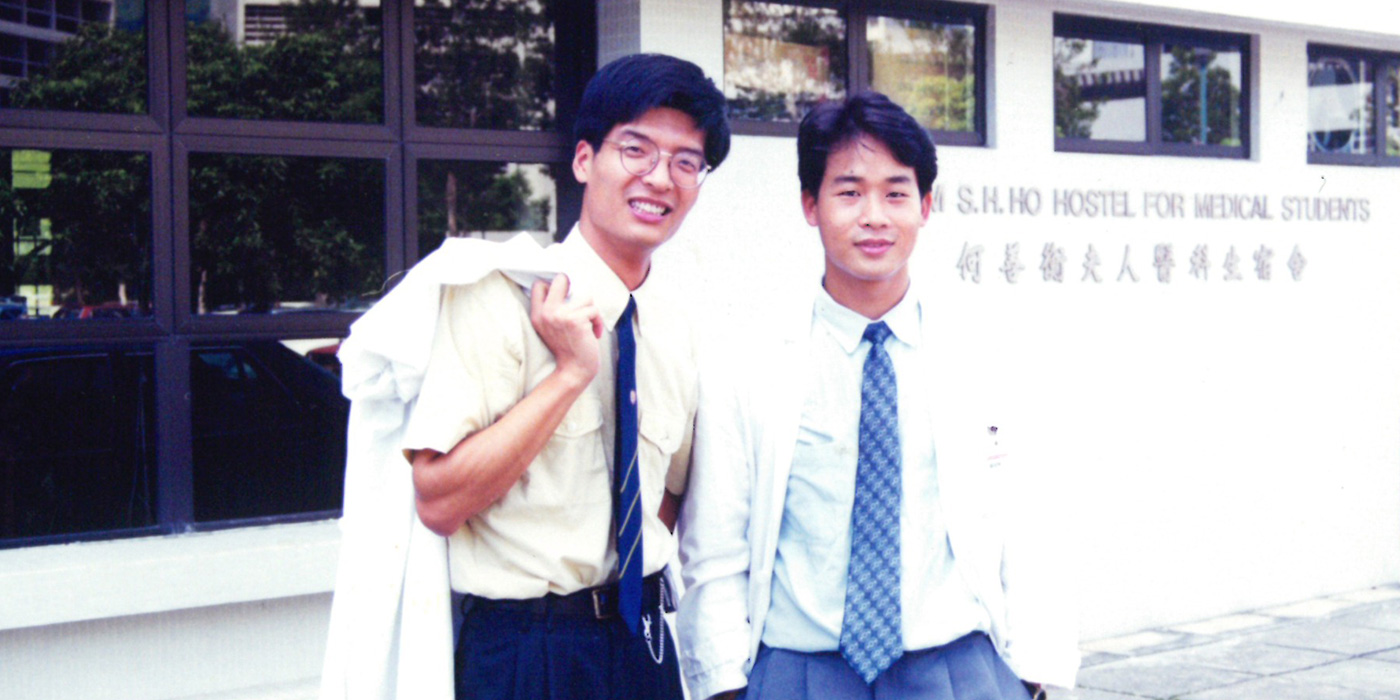
Recalling his university days, Dr Pang says: “Back then our family lived on meagre means, and it was only thanks to the University’s Travel Loan that I could go to Cambridge in the UK for a six-week academic exchange in my fourth year. I spent six years in Chung Chi College, living in the Madam S.H. Ho Hall. It was a very fulfilling experience that allowed me to establish so many friendships.” He graduated in 1994.
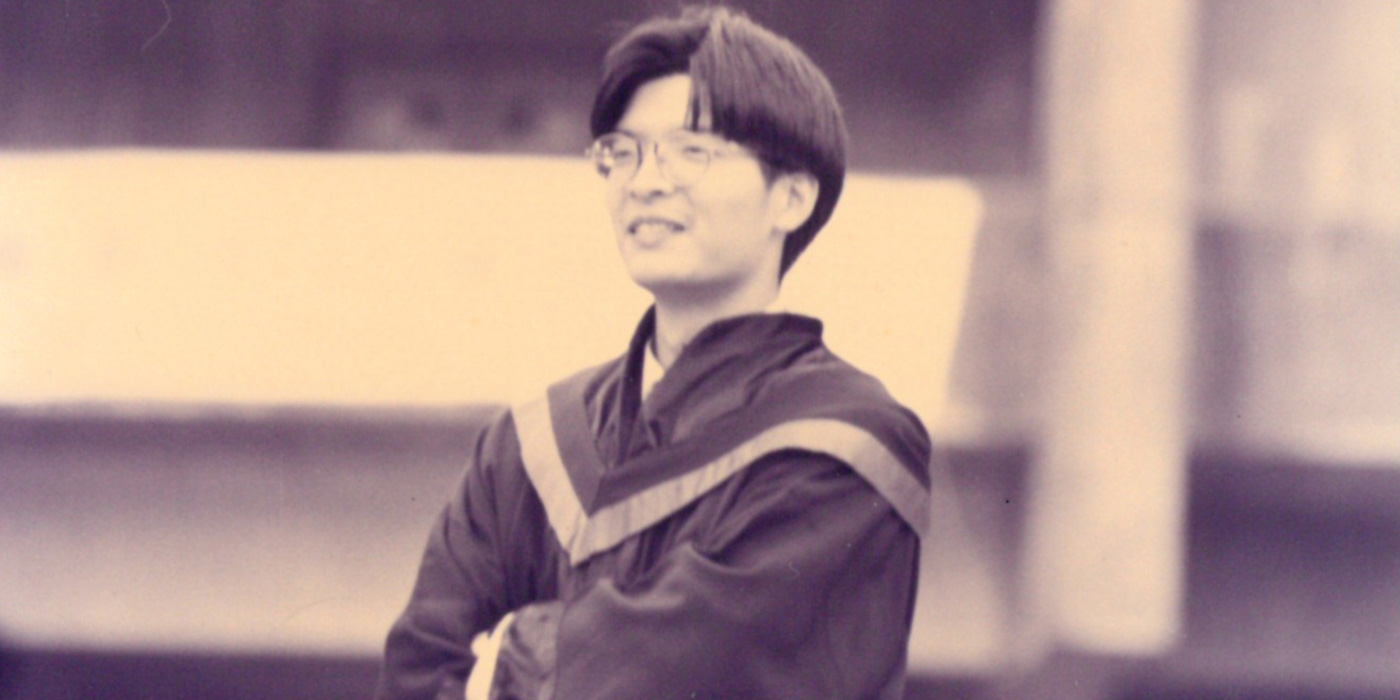
“Through learning and temperance to virtue”
Dr Pang credits CUHK with nurturing him as a versatile all-rounder, committed to serving society with humility. “I appreciate CUHK’s philosophy of education that fosters close rapport between teachers and students. I used to enjoy attending the thought-provoking lectures delivered by Dr Lee Tien Ming from the Department of Philosophy. As seats to the lectures were limited, I would queue up overnight just to earn one. It was interesting to sit-in other courses from the Faculty of Arts that were out of my discipline.”
Dr Pang also highlights the importance of a holistic education for nurturing young people today. A humble heart is always the key to success. “CUHK’s motto has been a reminder to exercise self-discipline. An accomplished student should possess the virtues of temperance alongside good grades. My peers came from a diverse background. By interacting with them, I learnt to put myself into the shoes of others. I became more grounded and was eager to participate in social campaigns that serve the underprivileged.”
In CUHK’s 60th anniversary year, Dr Pang says: “The Faculty of Medicine should be proud to recognise its strengths in primary healthcare and social services. Innovative technologies and service provisions are vital aspects in modern medicine. It is important to strike a balance between the two and provide students with comprehensive training. I am confident that our graduates will benefit and give back to society with strong dedication and commitment.”
By Gillian Cheng
Photos by D. Lee

